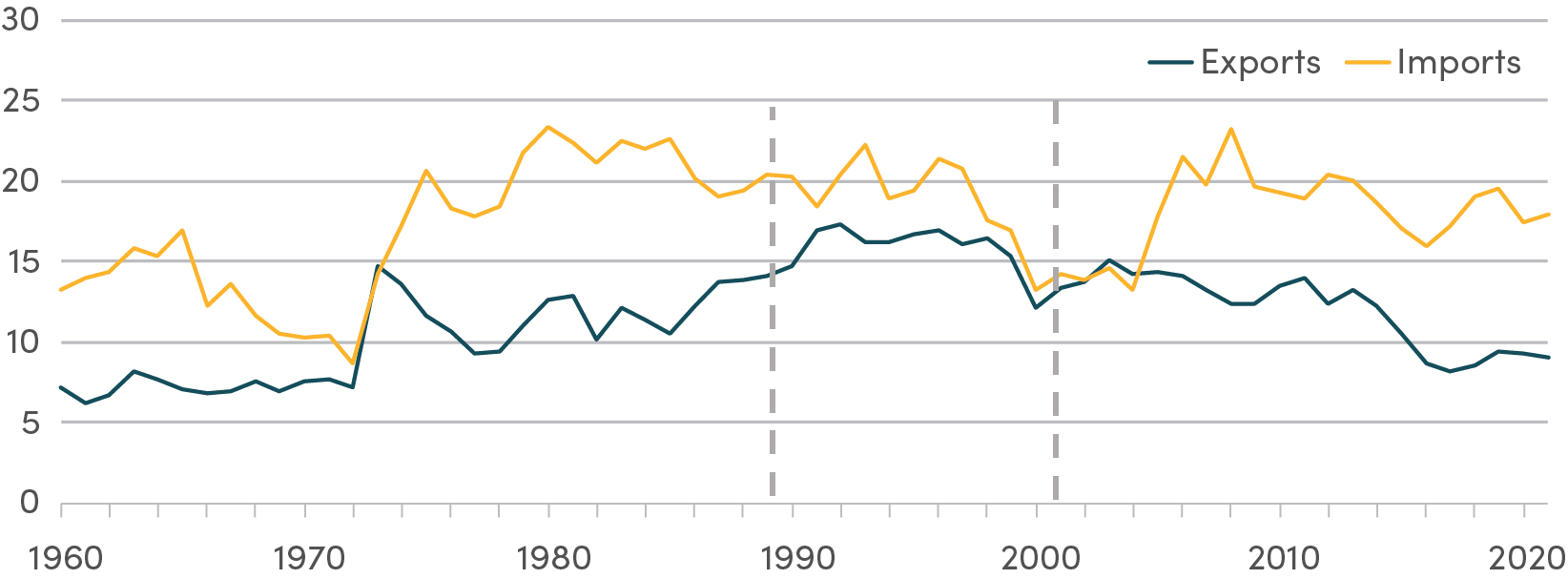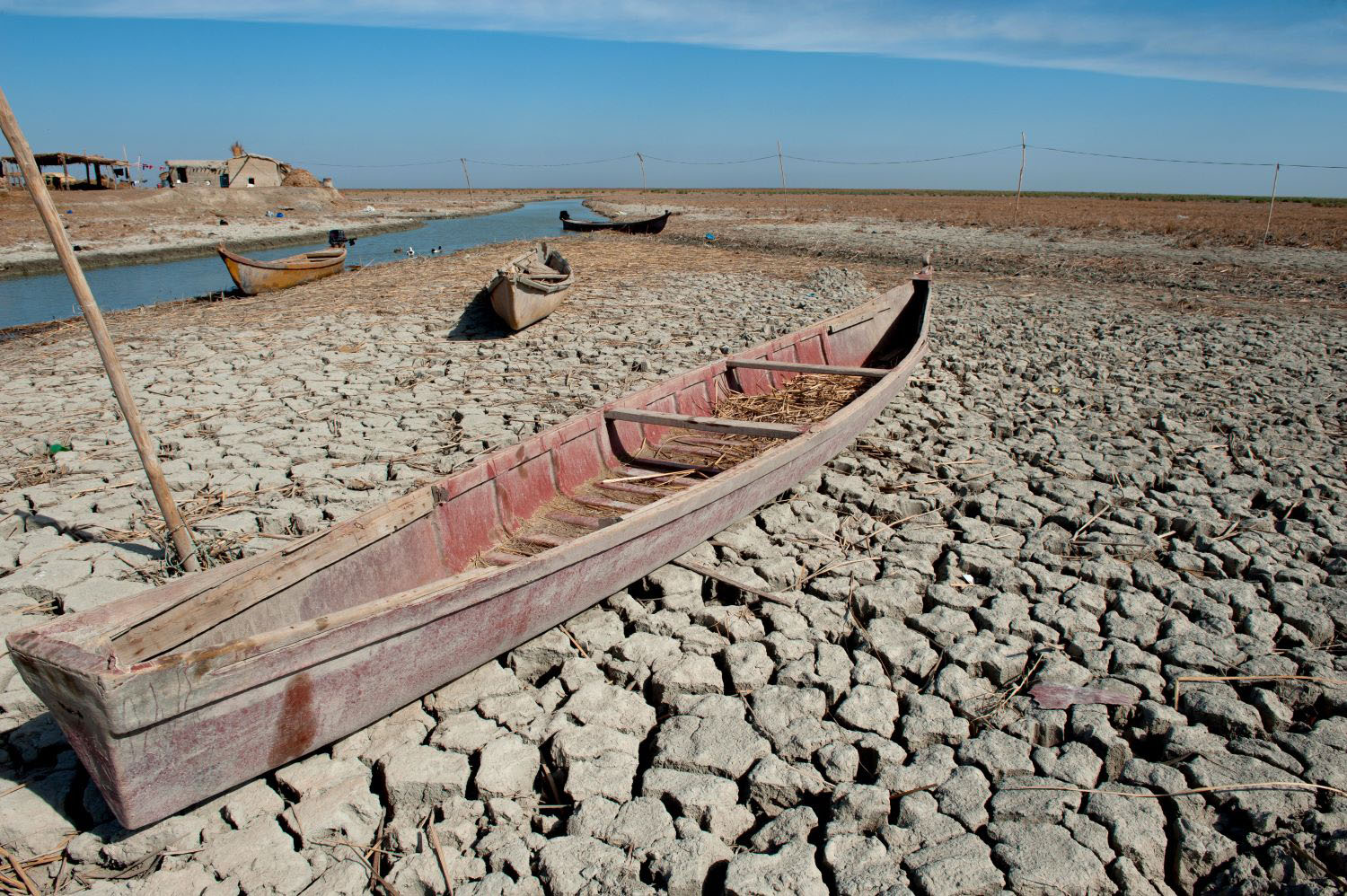This post originally appeared on Non-Resident Fellow Chris Blattman’s personal website, chrisblattman.com.
Not everyone likes my idea for fighting world poverty.
Bill Gates wants to solve African poverty by helping more poor people raise chickens. So recently I wrote Gates an open letter in Vox asking him two things. First, consider cash, because chickens are probably not that great a gift to the poor. Second, we really don’t know who is right. But an awful lot of people would be better off if we invested in a little research to find out. I think $15 million would be enough to run a horse race between different ways of giving poor people stuff to help them raise their earnings: cash, chickens, training, and combinations thereof.
Yesterday Lant Pritchett expressed his bewilderment on the CGD blog. You should read the full post, but let me summarize in a few sentences.
First, Lant thinks that focusing on the very poorest is arbitrary. Official development goals and lots of programs target the people living under $1 or $2 a day, but people living under $10 a day are also pretty badly off.
Second, and more important, if we really wanted to alleviate poverty we’d focus on economic growth, and changing the systemic problems that keep countries poor. Anti-poverty programs like mine are band-aids.
I think Lant’s right and he’s wrong. We have to focus on the big picture and growth as a society, but I think there’s a strong argument for directly tackling the worst poverty now. Especially because we know how to do that pretty well. And we could do it even better pretty easily. More so than figuring out the secret to growth. I have a hard time imagining the $15 million research project that would affect country growth rates one bit.
Let me explain.
First, I agree with Lant that we can’t lose sight of the important goal: doing whatever possible to get economic growth rates up and steady in the poorest countries. But then, I’d argue that development economics is focusing on the wrong things.
The problem in the poorest countries today is first and foremost politics. More people should be trying to understand what is up with Sudan or Nigeria or Afghanistan, and how societies like these can constrain their leaders and states; how states can build better bureaucracies, collect more revenues, and shape society; and how the risk of coups and conflicts and crises can be averted. And how US and European policy is partly to blame.
Currently that’s a niche area (to say the least). Lant has written about this topic more than most in articles I love and teach. And indeed I think the question of getting politics right is so important I teach a whole course on it.
I’m glad rich countries spend money on this. The UK’s development agency, DFID, is one of the few donors supporting this work on a large scale. I wish they would do more of it.
But that gets me to my second point: I would have a hard time convincing myself, let alone Bill Gates, that this is the first and best way to spend money.
This is partly because I’m not even sure money is the missing ingredient. I don’t know what the secret sauce is to be honest. I’ve seen DFID pour millions upon millions into research on the questions Lant likes. I’ve enjoyed reading many of the papers and reports. Others weren’t worth the paper they were printed on. But did any of them, even the best, ever have a direct impact on policy? I’m not sure anyone knows.
In spite of this, I’m glad DFID and others invest in it. But the best use of Bill Gates’ money? I doubt it.
The reason I like the research I propose is simple: I can see exactly how it will be used and how it will change life for a large number of people in a short period of time.
International organizations and governments give poor people a lot of a lot of expensive stuff to help them be less poor. Billions a year. Most of that money is wasted, because they give the wrong stuff. I think that could change.
In fact I’ve seen it change. In the last five years the cash and other program evaluation evidence has had a big impact on these “give stuff” programs, pushing them to be more efficient and better at helping some of the poorest. I think a couple of monumental studies would be an even bigger push for more governments and organizations to change. That is, I am betting that a $15 million study would change how hundreds of billions are spent. If I’m right, the marginal return to this investment is pretty good. I don’t know many better examples.
Does this kind of policy focus too much on people who are below an arbitrary threshold like a dollar a day? Maybe. If it does, I don’t have a big problem with that, because under a dollar a day is a really miserable place to be. It’s probably the place where an extra dollar of income per day will have the biggest impact on things like child heath and mortality.
Also, my impression is that getting someone from $1 to $2 a day is easier then getting them from $10 to 11.
The little utilitarian in me feels good about this.
It’s a moot point. The fact is, these kinds of “give stuff” programs go to the $1 a day and $10 a day earners alike. In the Syria region, the research has pushed organizations to give ATM cards and cash to millions of refugees. In sub-Saharan Africa it’s pushed governments to give cash out to huge swathes of the population to stimulate local development, including the “middle class” who seem to do quite well with some extra cash. And my hope is that in Latin America maybe the evidence would push governments away at least a little from ubiquitous middle class training programs that don’t work very well.
But just because I think the best use of Gates’ $15 million is my project, doesn’t mean I think all or most of development aid should go to poverty alleviation. Not surprisingly, the answer is we need to focus more on growth and direct poverty alleviation. I think Lant is focused on the totals we spend: the world spends too much on the worst forms of poverty now and not enough on growth and ending poverty in the future. That might be right. But it’s an argument that has to be made partly on faith, because it is very, very difficult to connect the salary of a growth economist to somebody’s life being better off in 40 years. I think growth economics needed a little competition and has gotten it, and will hopefully get better and rise again.
Disclaimer
CGD blog posts reflect the views of the authors, drawing on prior research and experience in their areas of expertise. CGD is a nonpartisan, independent organization and does not take institutional positions.





